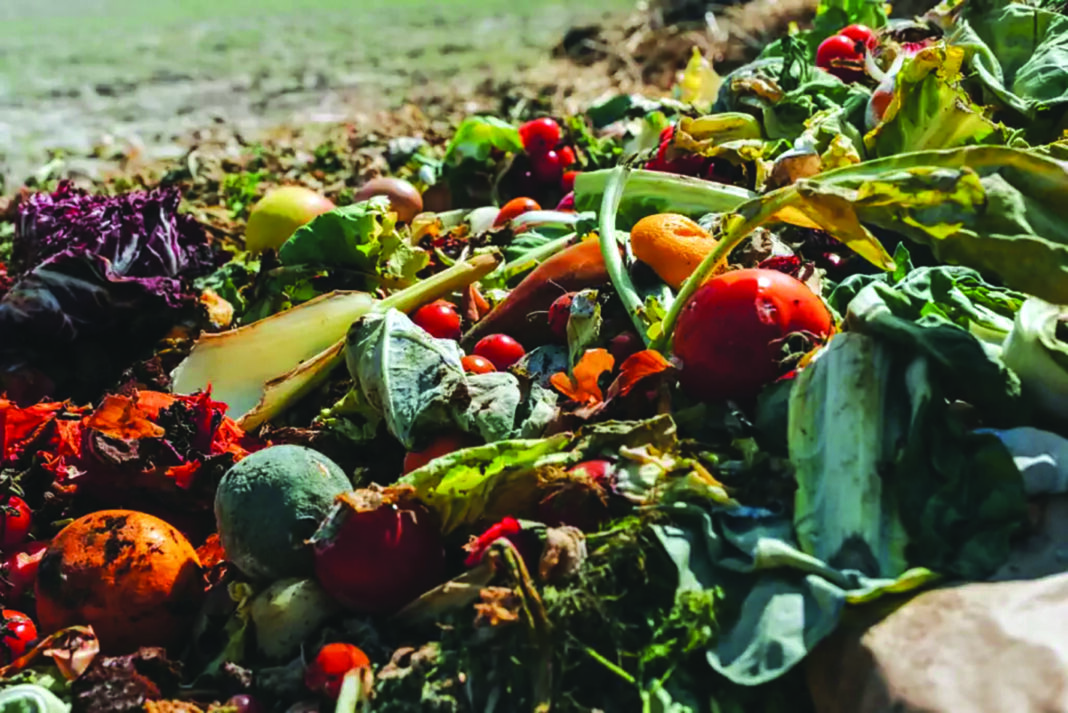By Lerato Matheka
In 2022, households across all continents wasted over 1 billion meals every day, while 783 million people grappled with hunger, and a third of humanity faced food insecurity.
These staggering statistics underscore the urgent need to address food waste, a pressing issue that continues to inflict harm on the global economy and exacerbate climate change, biodiversity loss, and pollution.
The latest report from the UN Environment Programme (UNEP), the Food Waste Index Report 2024, co-authored with WRAP, sheds light on the gravity of the situation.
Released yesterday ahead of the International Day of Zero Waste, the report provides a comprehensive overview of food waste at retail and consumer levels, offering crucial insights and guidance for countries striving to curb this pervasive problem.
In 2022 alone, a staggering 1.05 billion tonnes of food waste were generated, equating to 132 kilograms per capita and nearly one-fifth of all food available to consumers. Alarmingly, 60 per cent of this waste occurred at the household level, with food services and retail accounting for 28 per cent and 12 per cent, respectively, the report revealed.
“Food waste is a global tragedy,” remarked Inger Andersen, Executive Director of UNEP.
“Millions go hungry each day as food is squandered across the world, imposing substantial costs on the climate and nature. However, with concerted efforts and prioritisation by countries, we can reverse this trend, reduce climate impacts, and accelerate progress towards global goals.”
While progress has been made since 2021 in strengthening data infrastructure and tracking food waste, many low- and middle-income countries still lack adequate systems for monitoring and achieving Sustainable Development Goal 12.3 of halving food waste by 2030.
Moreover, the report dispels the notion that food waste is solely a ‘rich country’ problem.
“Levels of household food waste vary only marginally across income brackets, highlighting the need for targeted interventions regardless of economic status. Hotter climates, meanwhile, appear to correlate with higher per capita household food waste due to increased consumption of fresh foods and inadequate cold chains.
According to the report, the environmental toll of food waste is equally alarming, contributing 8-10 per cent of annual global greenhouse gas emissions—nearly five times that of the aviation sector—and devouring a third of the world’s agricultural land.
The economic impact is estimated at approximately USD 1 trillion, the report revealed.
The report pointed out that urban areas stand to benefit significantly from efforts to combat food waste, with rural areas generally exhibiting lower waste rates.
It indicates that to date, only 21 countries have incorporated food loss and waste reduction into their national climate plans, underscoring the need for collective action and collaboration across continents and supply chains.
The UNEP in a press statement indicated that Public-private partnerships (PPPs) emerge as a critical tool in this endeavour, fostering collaboration between the public sector, private sector, and non-governmental organisations.
The agency noted that by identifying bottlenecks, co-developing solutions, and driving progress, PPPs can deliver farm-to-fork reductions in food waste, mitigate GHG emissions, and promote water conservation.
The urgency of addressing food waste cannot be overstated, UNEP said citing, that as countries strive to meet ambitious targets and drive systemic change, robust baselines and regular measurement will be essential. With concerted efforts and unwavering commitment, we can harness the power of collaboration to ensure that food feeds people, not landfills, paving the way for a more sustainable and equitable future.




